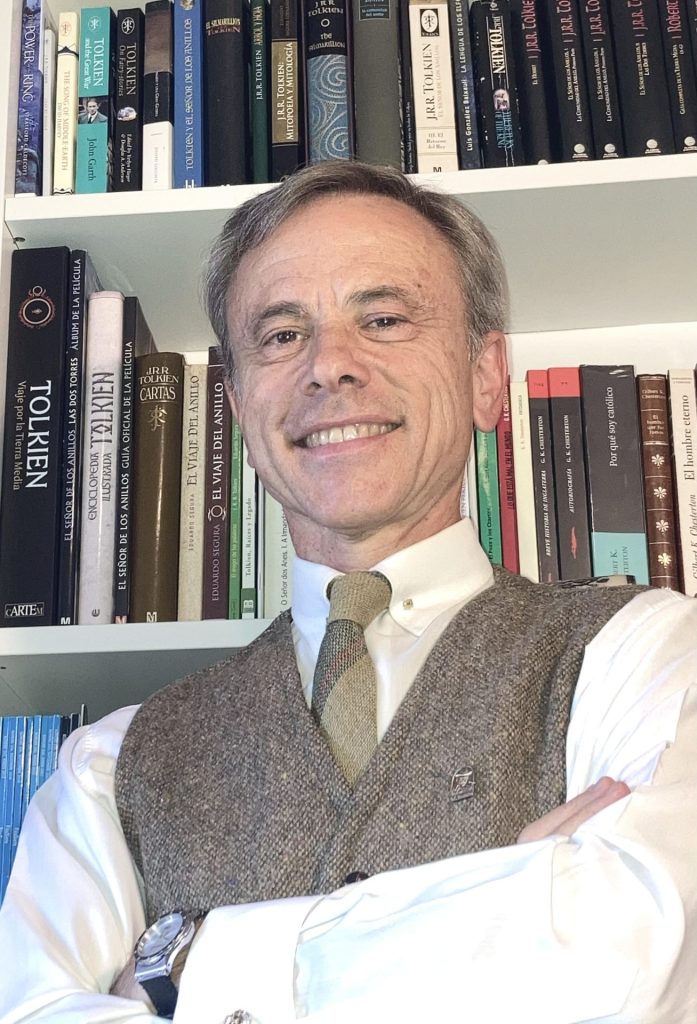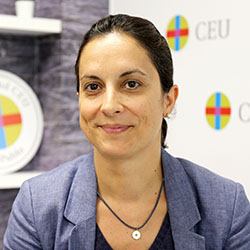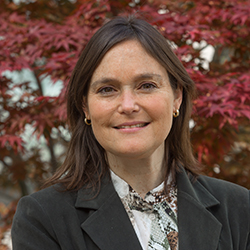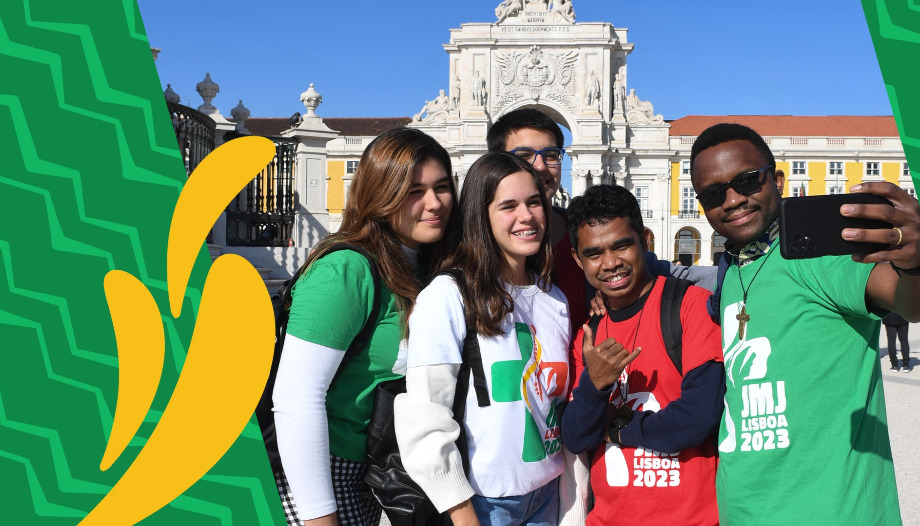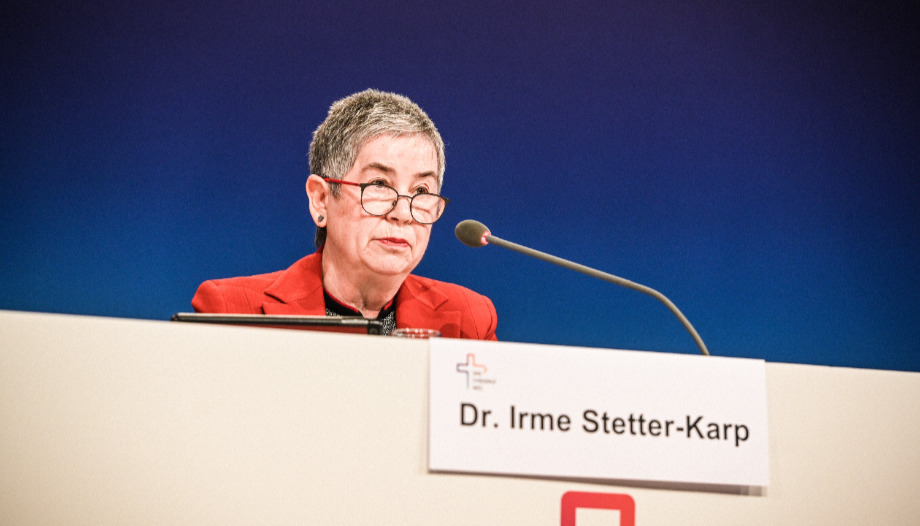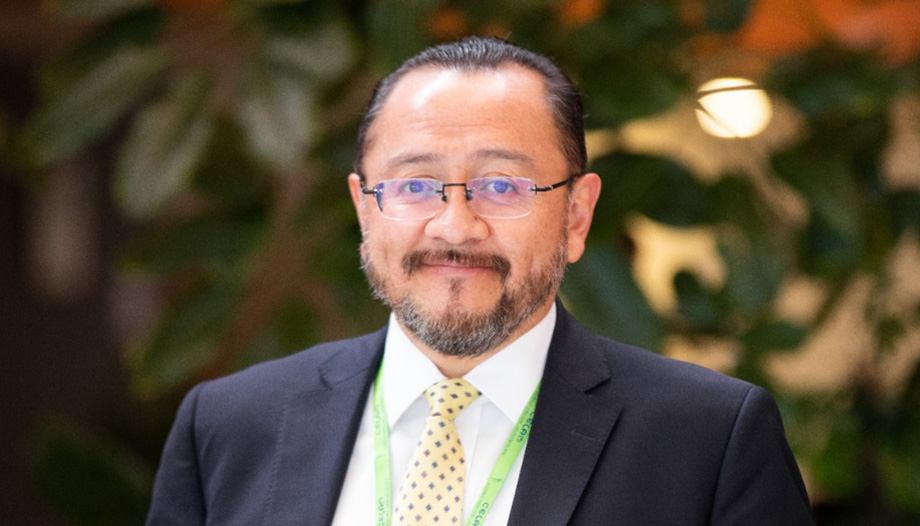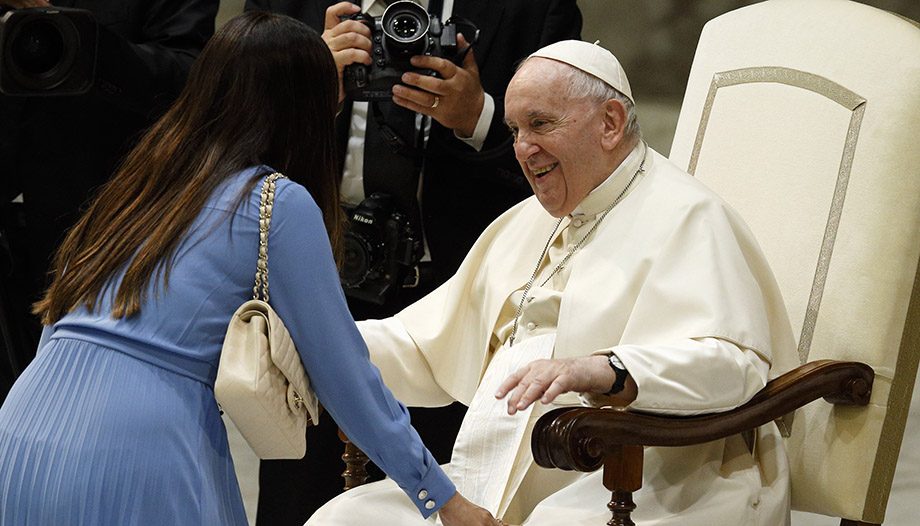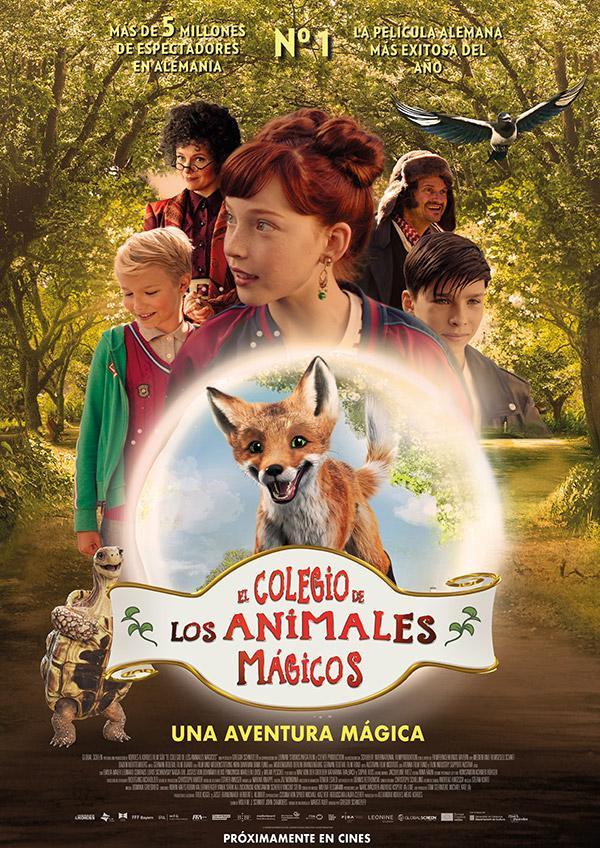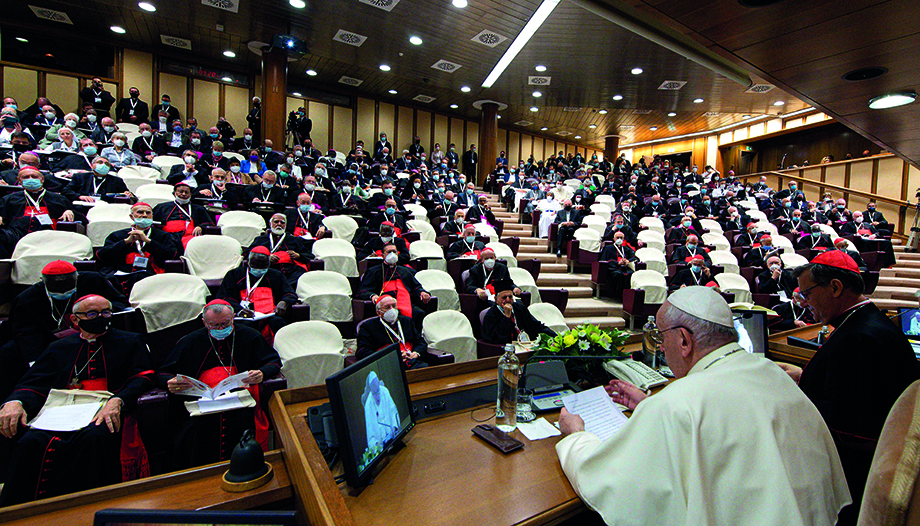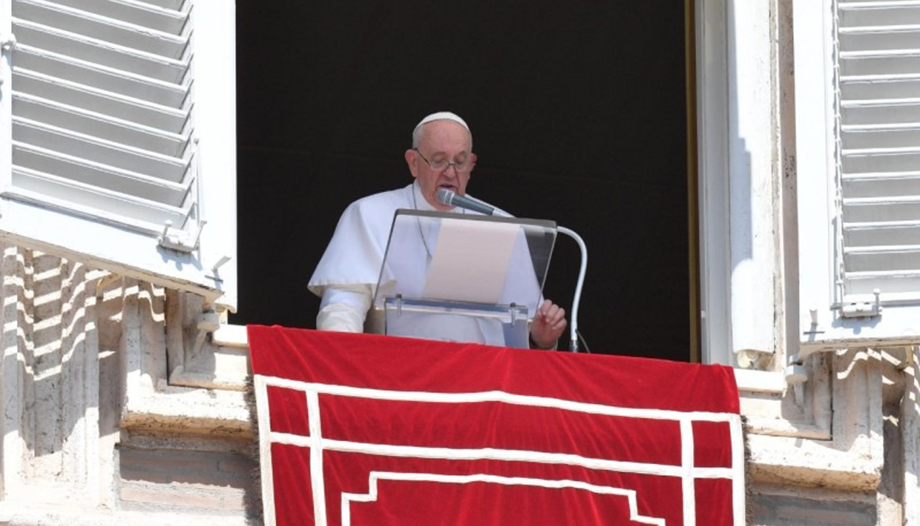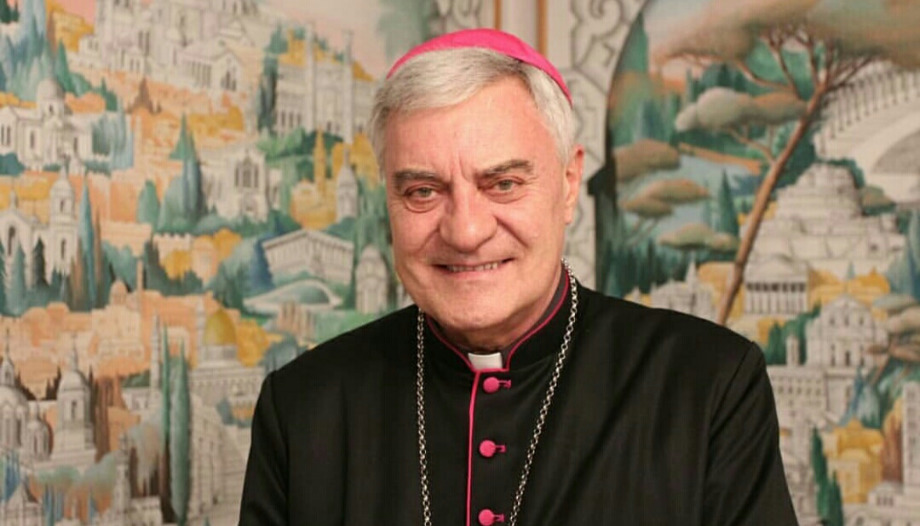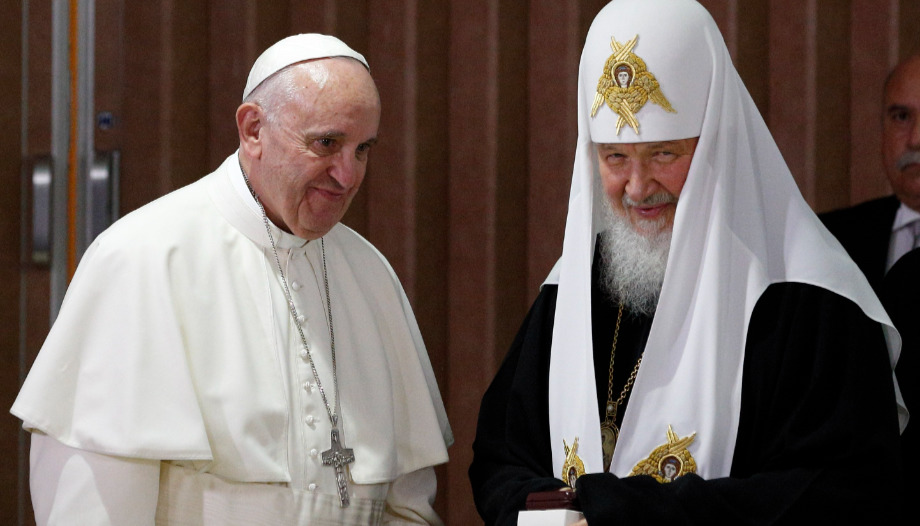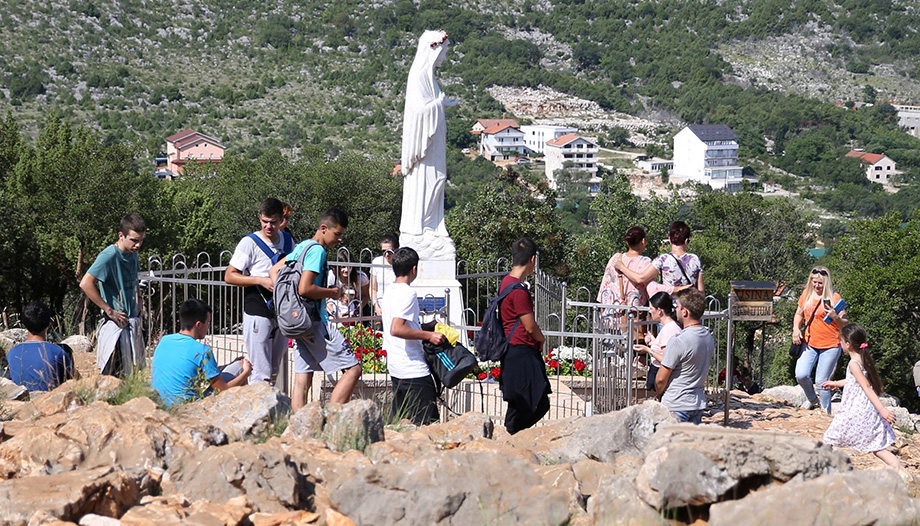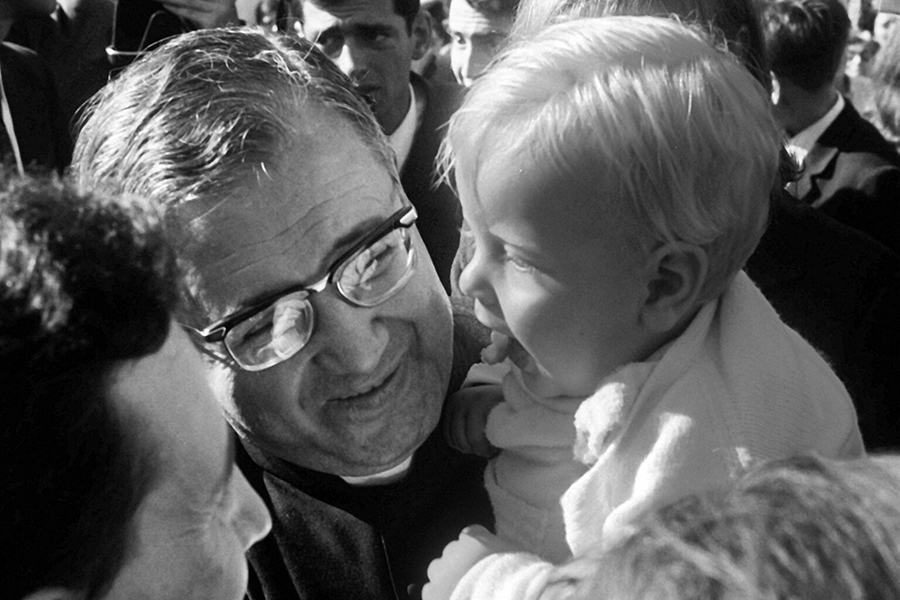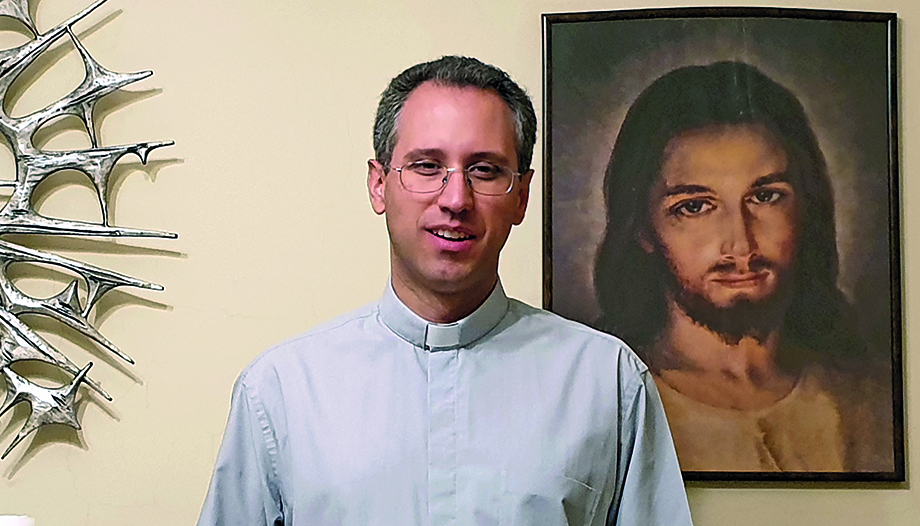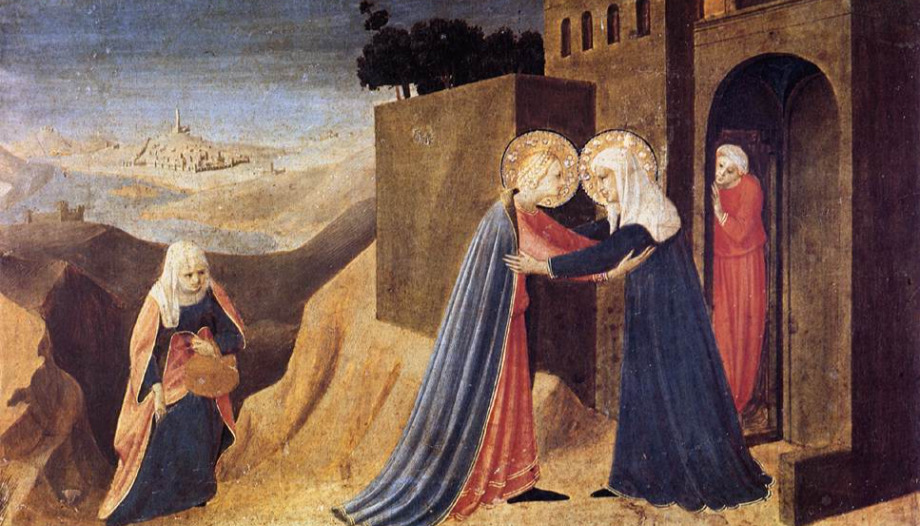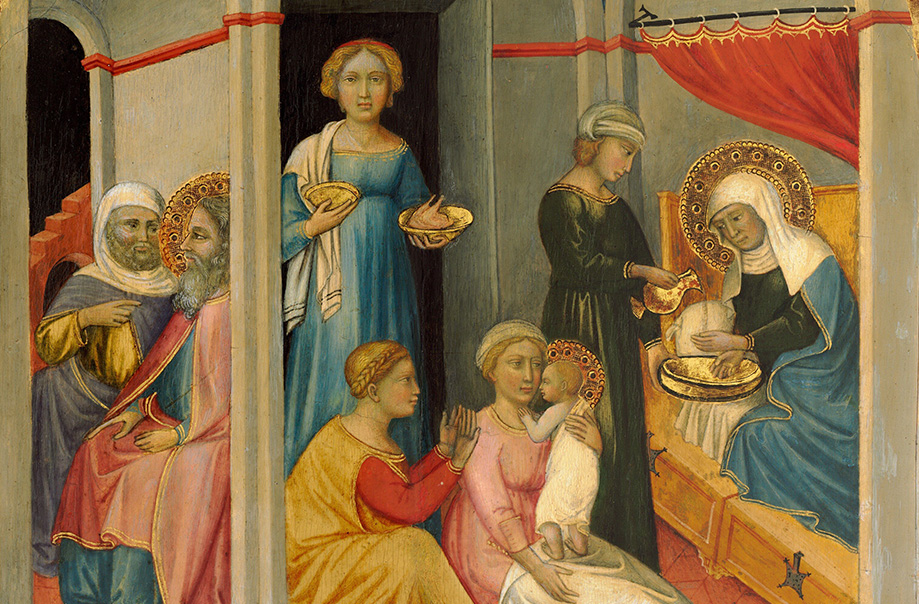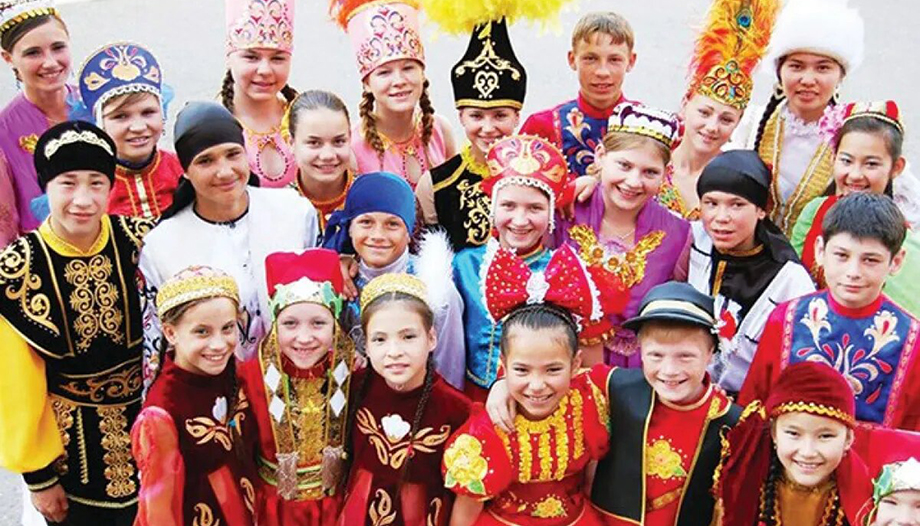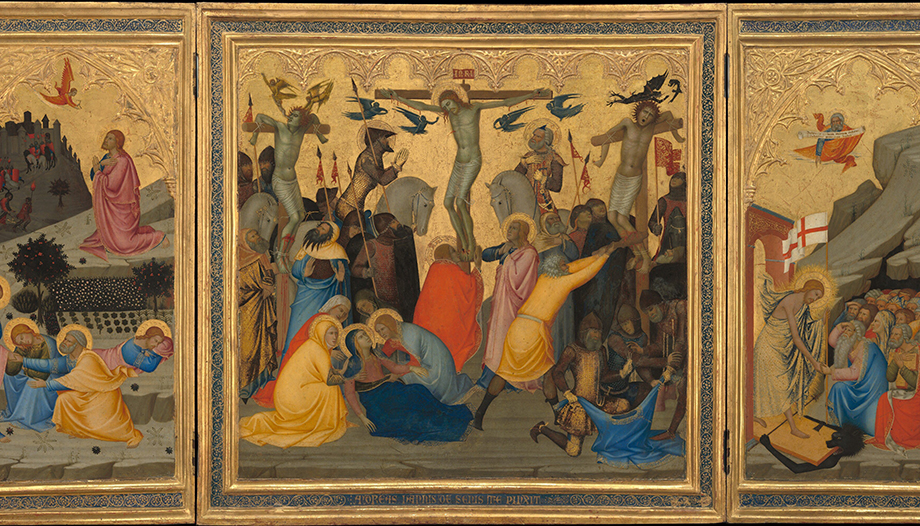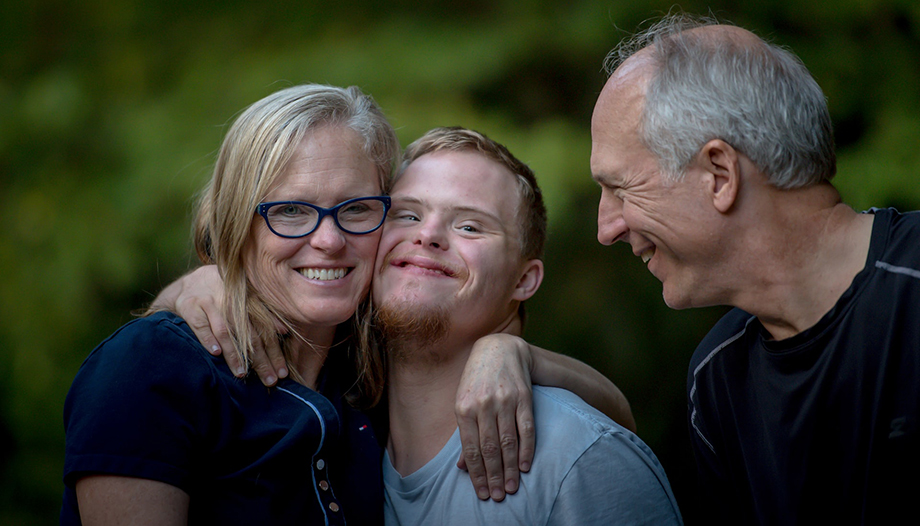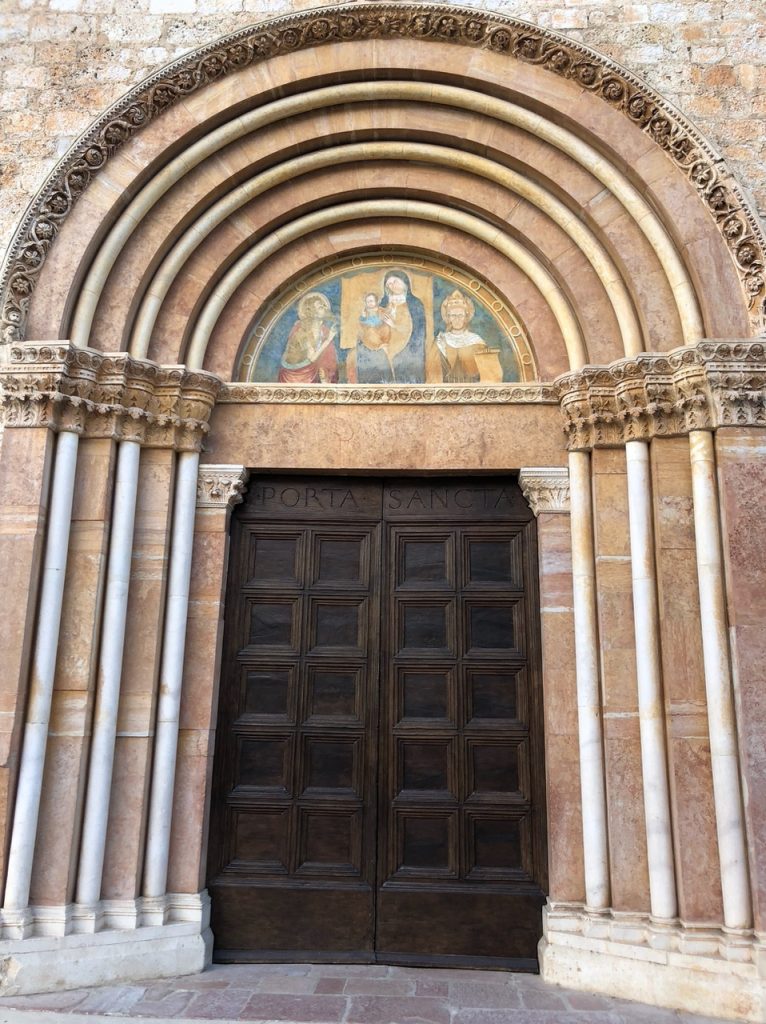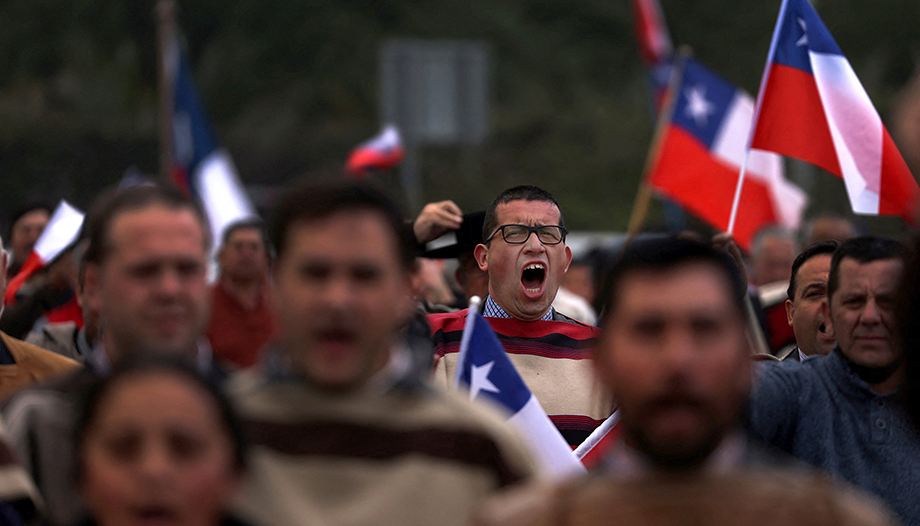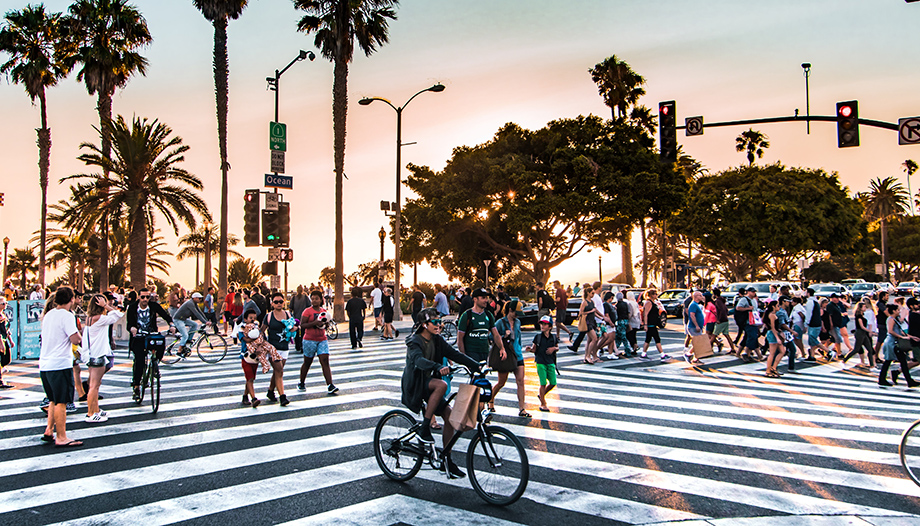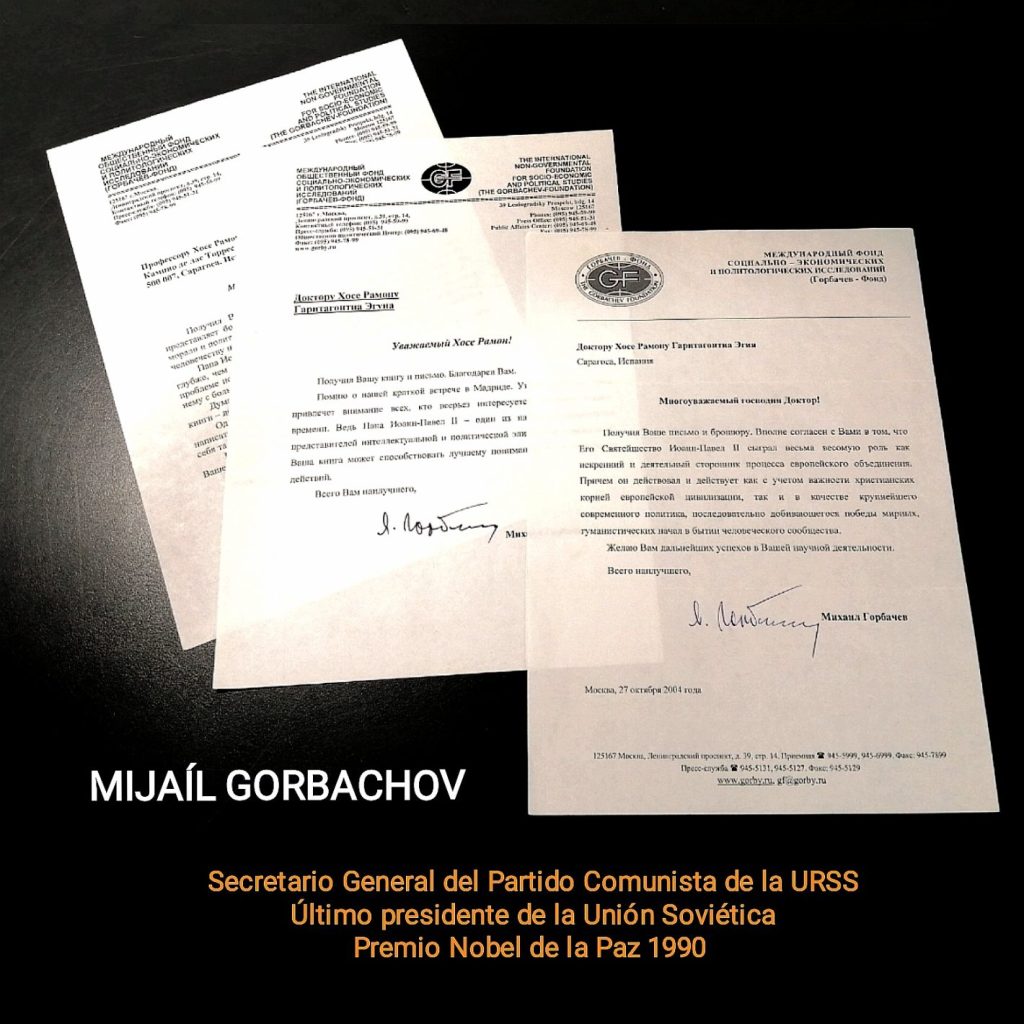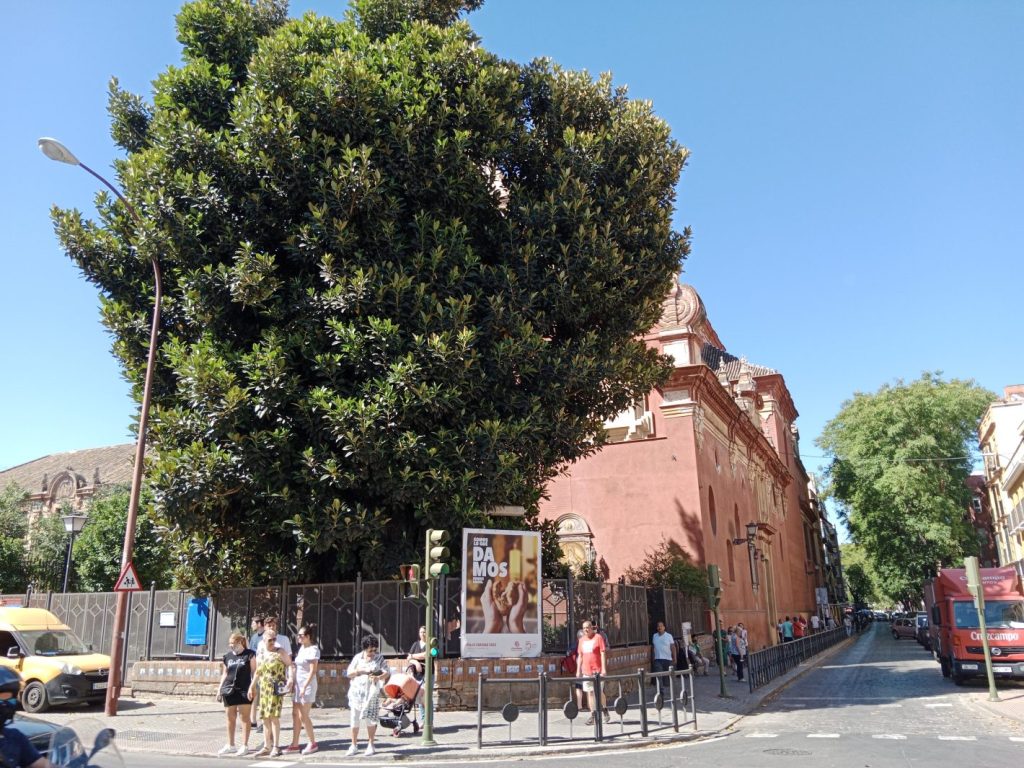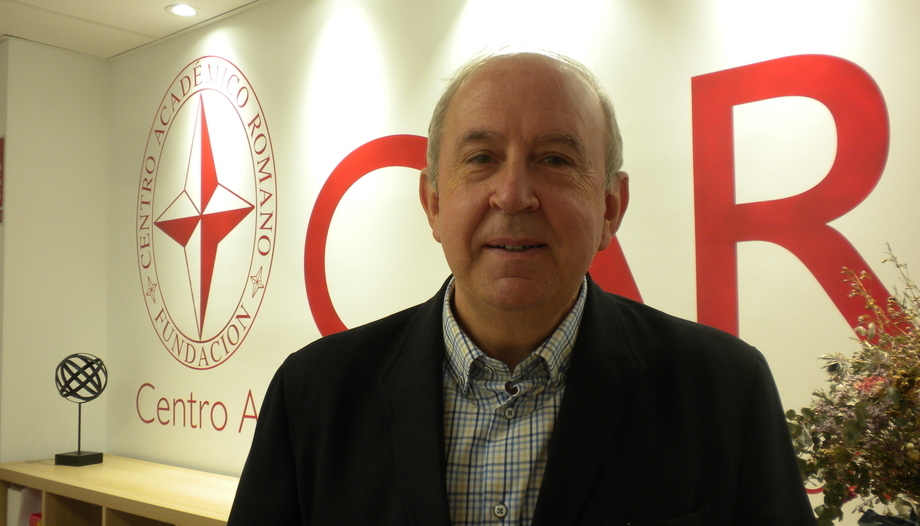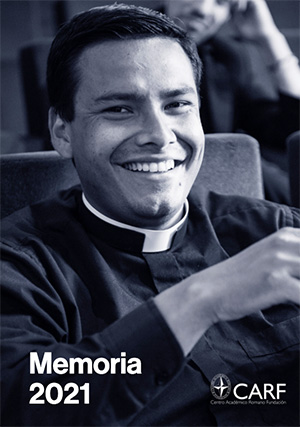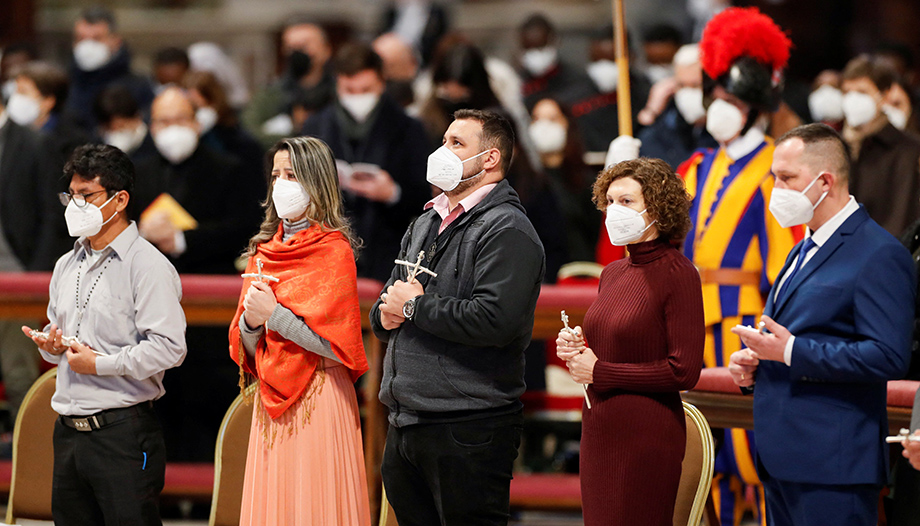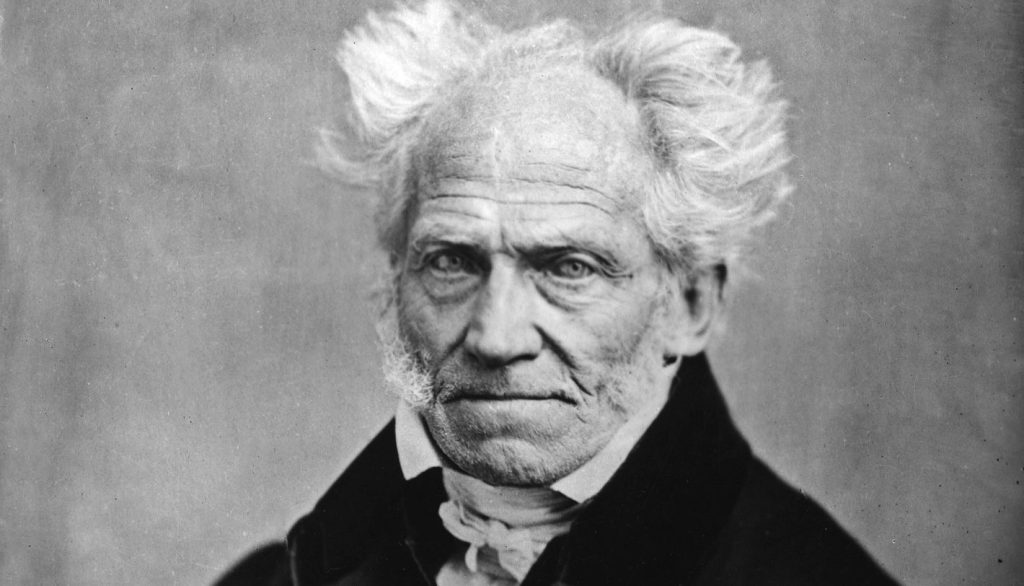In these catecheses, the Pope presents old age as a gift that is important to protect and educate, so that we know how to welcome and care for it, so that the human and Christian mission of the elderly may shine forth.
Old age as a gift and a blessing
He began by placing old age in the unitary framework of the protagonist ages of life. Today, the elderly are more numerous than at other times in history, and at the same time they have been at greater risk of being discarded since the last century: "The exaltation of youth as the only age worthy of embodying the human ideal, combined with contempt for old age seen as frailty, degradation or invalidity, was the dominant mark of the totalitarianisms of the 20th century." (General Audience, 23-II-2022). Today, in the dominant culture, the elderly are undervalued in their spiritual quality, their sense of community, their maturity and wisdom. And this, in the eyes of the Pope, implies a "emptiness of thought, imagination, creativity".
"With these catecheses on old age." -she declared- "I would like to encourage everyone to invest thoughts and affections in the gifts she brings with her and for the other ages of life." (ibid.) The elderly are like the roots of the tree: the juice, if this "trickle" - so to speak - does not come from the roots, there will be no flowers or fruit (cf. ibid.).
Opportunity to make the world more humane
The Bible shows that human maturation and its spiritual quality requires a long time of initiation, of support between generations, of transmission of experiences, like a long "fermentation", of a dialogue between grandparents and children, which mark the extremes of the ages. But "the modern city tends to be hostile to the elderly (and not coincidentally to children as well)" (General Audience, 2-III-2022). Therefore, without dialogue between generations we have "a sterile society, with no future, a society that does not look at the horizon, but looks at itself." (ibid).
Old age, says Francis, can save the world, because it comes before the day of destruction. Let us recall the story of Noah and the flood, and the considerations of Jesus (cf. Lk 17:26-27). This can happen to us without being saved by robots. Jesus warns that, if we are concerned only with eating and drinking, and not with the fundamental questions of our life - spiritual quality, care for the common home, justice and love - we can become accustomed to corruption.
This is why Francis tells the elderly: "You have the responsibility to denounce the human corruption in which we live and in which continues that way of life of relativism, totally relative, as if everything were lawful. Go ahead. The world needs, needs strong young people, who will go forward, and wise old people." (ibid).
"Memory" and "testimony" of lived faithfulness
The Pope also looks at the so-called "Canticle of Moses," which is like the spiritual testament of the one who was the guide of the Chosen People (cf. Deut. 32ff.). A beautiful confession of faith, which transmits, as a precious inheritance, the memory of God's faithfulness to his People. Also our elders can reach that lucidity, that wisdom that comes from the years well spent; and therefore that capacity to deliver ("tradition") the sense of the passed history.
"In our culture." -Francisco observes, "so 'politically correct', this path is hindered in various ways: in the family, in society, in the Christian community itself. There are those who even propose abolishing the teaching of history, as superfluous information about worlds that are no longer current, which takes resources away from knowledge of the present. As if we were born yesterday!" (General Audience, 23-III-2022)
This is why the Pope points out: "It would be nice if in the catechesis plans there was also from the beginning the habit of listening, of the lived experience of the elderly."Thus they enter the "promised land" (the life of faith) that God prepares for each generation.
Protecting the elderly, educating in eldercare
Francis says that it is the duty of society to educate everyone to honor the elderly (cf. General Audience 20-IV-2022). The Bible condenses this duty when it commands us to "honor father and mother," suggesting a broader interpretation. But we often fail in this duty. "Honor is lacking when overconfidence, instead of manifesting itself as delicacy and affection, tenderness and respect, becomes rudeness and prevarication. When weakness is reproached, and even punished, as if it were a fault. When bewilderment and confusion become an occasion for mockery and aggression." (ibid).
This - warns Peter's successor - opens the way, in society, to unimaginable excesses.
The bridge between the young and the old
The Pope has insisted that the "covenant between generations" be fostered in order to open up the future (cf. General Audience, 27 April 2022). He relies on the book of Ruth, which he considers complementary to the Song of Songs in explaining the value of nuptial love, in that it celebrates the power, poetry and strength of love, which can be found in the bonds of family and kinship.
Taking his cue from another biblical story, that of the old man Eleazar (cf. 2 M, 18 ff.), Francis explains how the fidelity of old age shows the "honor" that we owe to the faith, and that we give it when we live it to the end, even when we have to go against the tide (cf. General Audience, May 4, 2022).
Opposing the Gnostic position (a purely theoretical and spiritualistic faith, which is not "tainted" by life and has no influence on society), Francis declares that "the practice of faith is not the symbol of our weakness, but the sign of its strength." (ibid.).
And so: "We will demonstrate, in all humility and firmness, precisely in our old age, that believing is not something 'for old people,' but something vital. Believe in the Holy Spirit, who makes all things new, and he will gladly help us.". Living faith is the heritage of old age.
The generosity of the elderly is the fruit and guarantee of an admirable youth.
From the biblical figure of Judith - a heroine who saves her people through the strength and courage of her love - Francis draws other important lessons (cf. General Audience, May 11, 2022).
"Little ones learn the strength of tenderness and respect for fragility: irreplaceable lessons, which with grandparents are easier to impart and receive. Grandparents, for their part, learn that tenderness and fragility are not only signs of decadence: for the young, they are passages that make the future human."
The book of Job teaches that old age can overcome trials - pandemics, diseases, wars - with faith, and thus open up hope for all (cf. General Audience, "The Book of Job")., 18-V-2022). In the face of the serious trials that God allows, and the apparent "silence" of God, Job does not shrink back and manifests his faith: "I know that my redeemer lives, and that at last he will rise above the dust: after my skin is torn off, no longer fleshless, I shall see God. I myself shall see him, and no other; my own eyes shall see him." (19, 25-27).
Love of justice, prayer and "magisterium of fragility".
The Pope also turns to the book of Ecclesiastes or Ecclesiastes. There he teaches how to overcome the disenchantment that comes with old age ("all is vanity"), with a passion for justice; and this is a sign of faith, hope and love (cf., 25-V-2022). Instead of cynicism and lukewarmness (acedia), which combine knowledge and irresponsibility, a successful old age becomes an antidote to disappointment, skepticism and paralyzing discouragement.
This requires prayer. Taking his cue from Psalm 71, Francis points out some characteristics that prayer in old age should have. "We are all tempted to hide our vulnerability, to hide our illness, our age and our old age, because we fear that they are the prelude to our loss of dignity." (General Audience, 1-VI-2022).
The old man rediscovers prayer and testifies to its power. "The elderly, by their weakness, can teach those who live other ages of life that we all need to abandon ourselves to the Lord, to invoke his help. In that sense, we all need to learn from old age: yes, there is a gift in being old understood as abandoning oneself to the care of others, beginning with God himself." (Ibid).
This gives rise to a "magisterium of fragility".not to hide the weaknesses of old age is a lesson of the elderly for everyone.
The human and Christian mission of the elderly
In the Gospel of John, Nicodemus asks Jesus: "How can one be born already old?" (Jn 3:4). And Jesus explains that old age is an opportunity to be spiritually reborn and to bring a message of future, mercy and wisdom (cf. General Audience, June 8, 2022).
Today, says the Pope, "old age is a special time to dissolve the future of the technocratic illusion of biological and robotic survival, but above all because it opens up to the tenderness of the creative and generative womb of God." (ibid.).
And so he teaches: "The old are the messengers of the future, the old are the messengers of tenderness, the old are the messengers of the wisdom of a life lived." (ibid.).
School of acceptance and service
From the account of the healing of Simon's mother-in-law (cf. Mk 1:29-31), Francis considers: "When you are old, you no longer command your body. It is necessary to learn to accept one's limits, what we can no longer do." (cfr. General Audience 15-VI-2022: "I have to go with a cane now, too.").
Pedro's mother-in-law "he arose and began to serve them." Says the Pope: "Elders who preserve the disposition for healing, consolation, intercession for their brothers and sisters - be they disciples, be they centurions, persons troubled by evil spirits, discarded persons...-, are perhaps the highest testimony of purity of that gratitude which accompanies faith.". All this, she notes, is not exclusive to women. But women can teach men about gratitude and the tenderness of faith, which is sometimes harder for them to understand.
In the dialogue between the risen Jesus and Peter at the end of John's Gospel (21:15-23, cf. General Audience 22-VI-2022), Francis also finds grounds for advising the elderly:
"You must be a witness for Jesus even in weakness, in sickness and in death.". Moreover, the Lord always speaks to us according to our age. And our following must learn to allow ourselves to be instructed and shaped by our own frailty, our helplessness, our dependence on others, even in our clothing, in our gait".
Spiritual life is what gives us that strength and wisdom to knowing how to say goodbye with a smile: "A joyful farewell: I have lived my life, I have kept my faith.".
It is up to others, especially the young, to help the elders to live and express this wisdom, and to know how to receive it.
Time to bear witness to the life that no longer dies
In the same vein, near the end of the catechesis, the Pope invites us to reread Jesus' farewell (cf. Jn 14): "When I have gone away and prepared a place for you, I will come again and receive you to myself, that where I am, there you may be also." (14, 3).
Peter's successor affirms: "The time of life on earth is the grace of that passage. The presumption to stop time-to want eternal youth, unlimited well-being, absolute power-is not only impossible, it is delusional." (cf. General Audience, 10-VIII-2022).
Here below, life is initiation, imperfection on the way to a fuller life. And Francis takes the opportunity to say that, to our preaching, where beatitude, light and love abound, "maybe it lacks a little life".
In connection with this is the Pope's original catechesis on the "white-haired old man" which appears in the book of Daniel (7:9; cf. General Audience, 17-VIII-2022). This is how God the Father is usually represented. But this," Francis observes "it's not a silly symbol" that should be demystified. It is a symbol of an eternal existence, of the eternity of God, always old and always new, with his strength and his closeness; "because God always surprises us with his newness, he always comes out to meet us, every day in a special way, for that moment, for us.".
Francis brought his catechesis on old age to a close by contemplating the mystery of the Assumption of the Virgin Mary (cf. General Audience, 24-VIII-2022). In the West," he recalled, "we contemplate her elevated on high, wrapped in glorious light; in the East she is represented lying down, asleep, surrounded by the Apostles in prayer, while the Risen One carries her in his hands like a child. The Pope indicates that the connection of the Assumption of the Virgin with the Resurrection of the Lord, to which our own is linked, should be emphasized.
Mary precedes us in her assumption into heaven, also as a figure of the Church, which will be in the end: the extension of the risen body of Christ, made family. Jesus speaks of this - of the full life that awaits us in the Kingdom of heaven - with various images: the wedding feast, the feast with friends, the rich harvest, the fruit that comes, not without pain.
From all this and for the good of others," Francis proposed, including himself in the group, "we, the elderly, must be the seed, the light and also the restlessness of that fullness of life that awaits us.





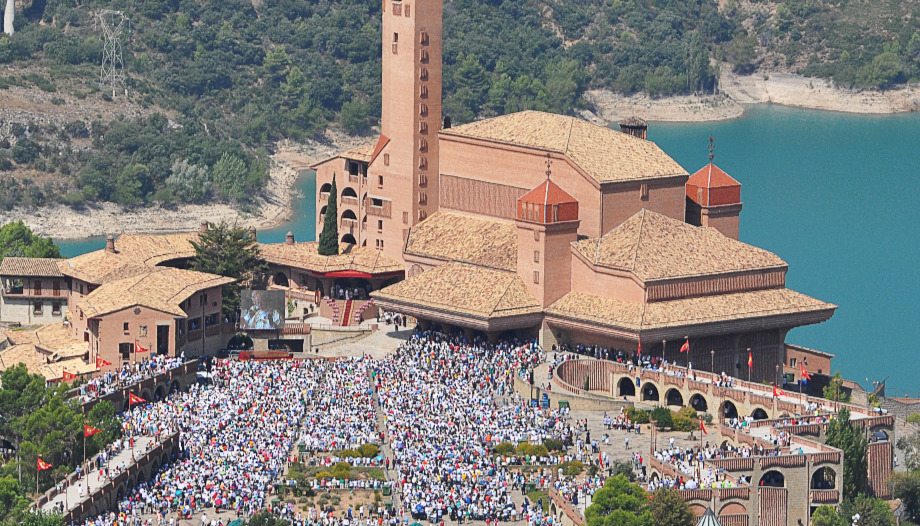






 Dostoyevsky's "The Idiot": "Beauty will save the world".
Dostoyevsky's "The Idiot": "Beauty will save the world".